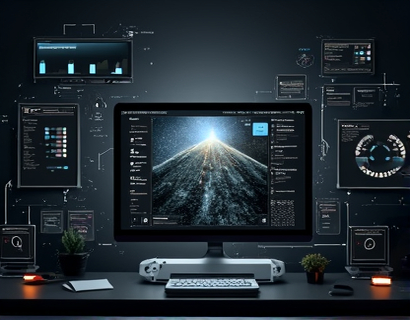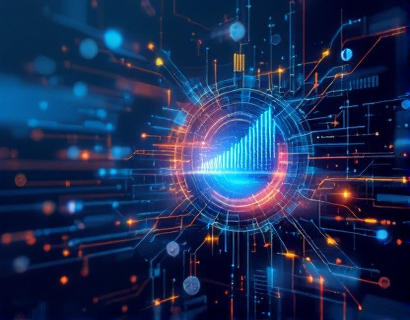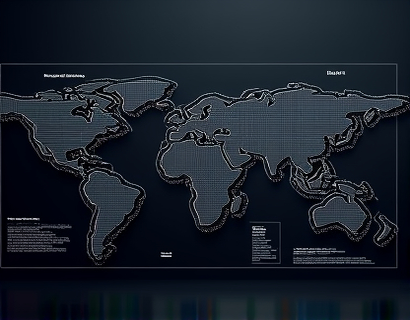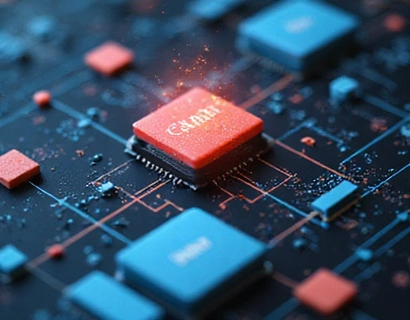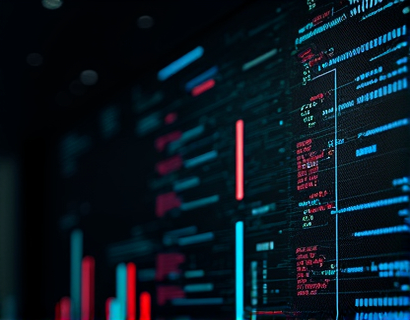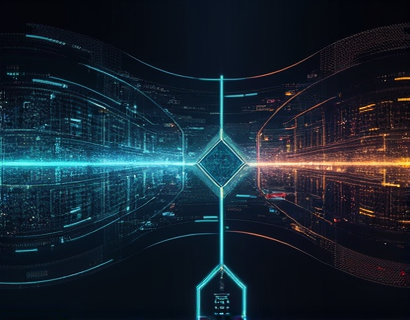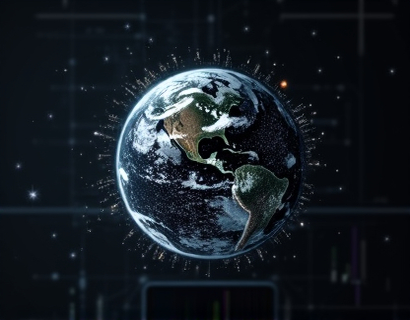Streamlining Construction Projects with Expert AI Insights
In the fast-paced world of construction, project managers and professionals are constantly seeking ways to enhance efficiency, reduce costs, and improve outcomes. One of the most transformative tools emerging in this sector is the integration of Artificial Intelligence (AI) into project management. By leveraging expert AI insights, construction teams can streamline their workflows, gain instant access to critical information, and make informed decisions that drive project success.
Enhancing Decision-Making with AI
The core advantage of incorporating AI into construction project management lies in its ability to provide real-time, data-driven insights. Unlike traditional methods that rely on manual data collection and analysis, AI can process vast amounts of information swiftly and accurately. This capability is particularly valuable in a field where time is of the essence and precision is paramount. Whether it's assessing build services, monitoring industry trends, or evaluating potential risks, AI offers a comprehensive view that empowers decision-makers to act swiftly and confidently.
Instant Access to Build Services Information
One of the primary benefits of an AI chat interface in construction is the immediate access to detailed information about various build services. From foundation work to roofing, insulation, and finishing touches, AI can provide comprehensive insights into each aspect of the construction process. This includes best practices, cost estimates, timeframes, and potential challenges. Such instant access not only saves time but also ensures that all team members are on the same page, reducing misunderstandings and miscommunications.
AI-Powered Build Service Recommendations
When planning a new construction project, selecting the right build services is crucial. An AI chat interface can analyze project specifications, budget constraints, and desired outcomes to recommend the most suitable services. This recommendation engine considers factors such as material quality, labor efficiency, and technological advancements, ensuring that the chosen services align with the project's goals and constraints. By automating this process, AI helps project managers make informed decisions quickly, optimizing both time and resources.
Staying Ahead with Industry Trends
The construction industry is dynamic, with new technologies, materials, and methodologies emerging regularly. Staying updated on these trends is essential for maintaining a competitive edge. An AI chat interface can continuously monitor industry news, research findings, and technological advancements, providing project teams with timely insights. This ensures that projects incorporate the latest innovations, enhancing efficiency, sustainability, and overall quality.
Predictive Analytics for Future Trends
Beyond current trends, AI can employ predictive analytics to forecast future developments in the construction sector. By analyzing historical data and current patterns, AI can identify emerging trends and potential shifts in the market. This forward-looking approach allows project managers to anticipate changes and adapt their strategies proactively. Whether it's adopting new building materials, implementing advanced construction techniques, or optimizing supply chain management, AI-driven insights enable proactive planning and execution.
Optimizing Workflows with AI
Workflow optimization is a critical aspect of successful construction project management. AI can analyze various stages of a project, from planning to completion, identifying bottlenecks and inefficiencies. By pinpointing these issues, AI suggests actionable steps to streamline processes, reduce delays, and improve overall productivity. This data-driven approach ensures that resources are utilized effectively, and tasks are completed on time and within budget.
Automated Task Management
AI chat interfaces can integrate with project management tools to automate task assignments, track progress, and update statuses in real-time. This automation reduces the administrative burden on project managers, allowing them to focus on strategic decision-making. Tasks can be prioritized based on urgency and importance, ensuring that critical activities receive immediate attention. Additionally, AI can alert team members of upcoming deadlines and dependencies, fostering better coordination and collaboration.
Enhanced Communication and Collaboration
Effective communication and collaboration are the cornerstones of successful construction projects. An AI chat interface facilitates seamless communication among all stakeholders, including architects, engineers, contractors, and clients. By providing a centralized platform for information sharing and discussion, AI ensures that everyone has access to the latest updates and insights. This transparency builds trust and fosters a collaborative environment, reducing conflicts and misunderstandings.
Real-Time Reporting and Dashboards
AI-powered dashboards offer real-time visibility into project progress, financial status, and resource utilization. These dashboards can be customized to display key performance indicators (KPIs) relevant to specific projects or overall portfolio management. With instant access to comprehensive reports, project managers can monitor performance metrics, identify areas for improvement, and make data-driven adjustments as needed. This level of transparency and control is invaluable for maintaining project health and achieving desired outcomes.
Ensuring Quality and Compliance
Quality and compliance are non-negotiable in construction projects. AI chat interfaces can help ensure that all aspects of a project meet the required standards and regulatory requirements. By integrating with quality control systems and compliance databases, AI can provide real-time checks and alerts, ensuring that potential issues are addressed promptly. This proactive approach minimizes the risk of costly rework and legal complications, safeguarding the project's reputation and financial integrity.
Automated Inspections and Audits
Traditional inspection and audit processes can be time-consuming and prone to human error. AI-driven inspections use computer vision and machine learning to conduct thorough, objective assessments of construction sites and completed works. These automated inspections can identify defects, non-compliances, and safety hazards, providing detailed reports and recommendations for correction. This not only enhances the quality of the final product but also ensures adherence to industry standards and regulations.
Building Resilience and Sustainability
The construction industry faces increasing pressure to adopt sustainable practices and build resilient structures. AI can play a pivotal role in this transition by providing insights into eco-friendly materials, energy-efficient designs, and sustainable construction methods. By analyzing environmental impact data and best practices, AI helps project teams make choices that reduce the carbon footprint and promote long-term sustainability. Additionally, AI can simulate various scenarios to assess the resilience of structures against natural disasters and climate change, ensuring that buildings stand the test of time.
Green Building Certifications
Obtaining green building certifications, such as LEED or BREEAM, is becoming a standard requirement for many projects. AI can assist in navigating the complex process of certification by providing step-by-step guidance, checking compliance with criteria, and offering strategies to meet or exceed sustainability goals. This support not only streamlines the certification process but also enhances the project's market value and appeal to environmentally conscious clients.
Conclusion
The integration of AI into construction project management represents a significant leap forward in efficiency, accuracy, and innovation. By leveraging expert AI insights, construction professionals can streamline their workflows, make informed decisions, and drive project success. As the industry continues to evolve, embracing AI technologies will be essential for staying competitive, ensuring quality, and meeting the growing demands for sustainable and resilient buildings.






